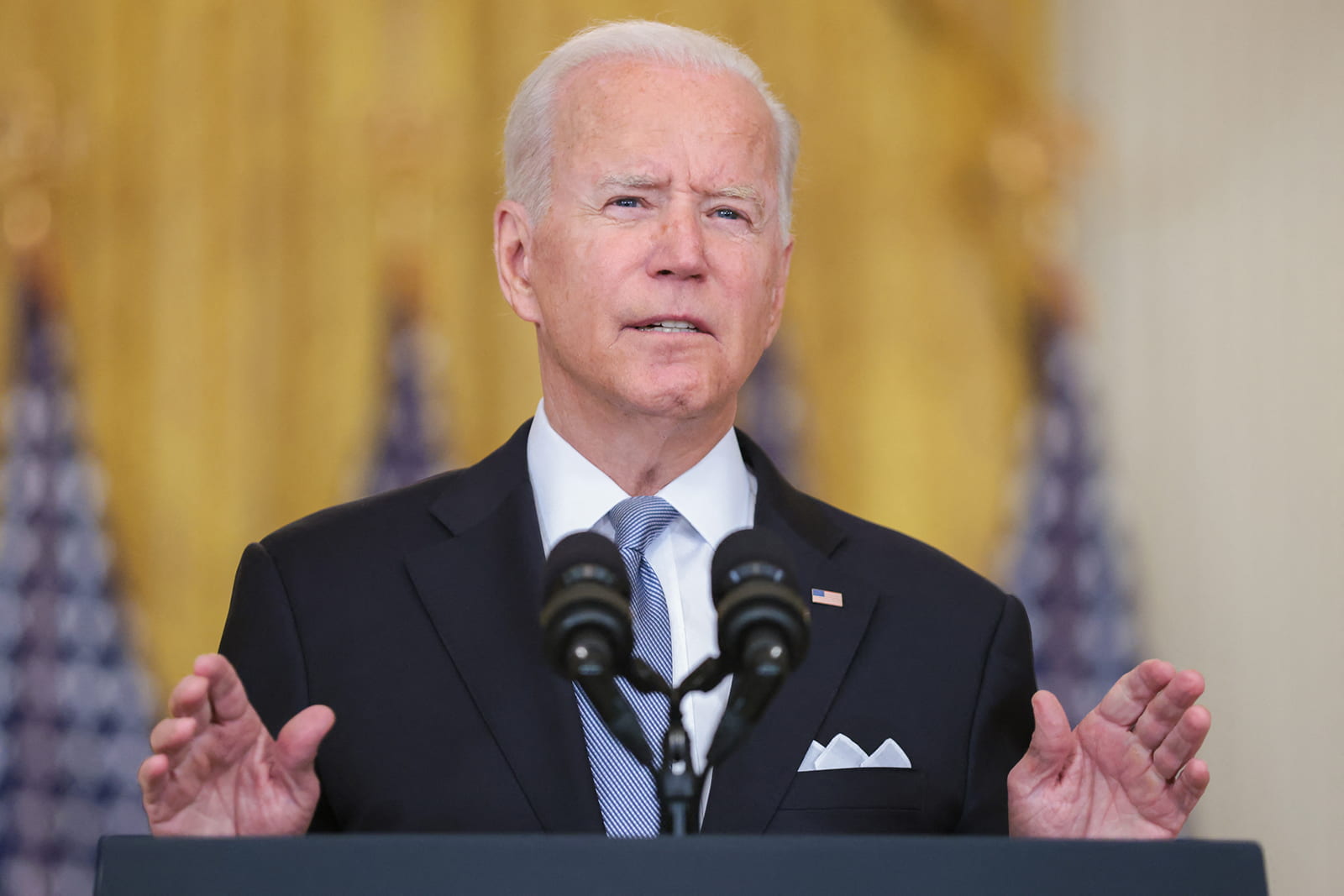
President Joe Biden has pledged to appoint a Black Woman to the U.S. Supreme Court. Credit: Oliver Contreras/Pool via TNS
Students and faculty have expressed their excitement over President Joe Biden’s pledge to appoint a Black woman to the U.S. Supreme Court for the first time in American history.
Following Justice Stephen Breyer’s Jan. 27 retirement announcement, Biden said in a press conference his nominee to replace the judge will be a Black woman.
Wendy Smooth, associate professor for women’s, gender and sexuality studies and associate dean for diversity, equity and inclusion, said the Supreme Court is a crucial branch of the United States government, and Biden’s pledge is especially important due to the length of time a judge serves on the court.
“It is not a case where you serve for only two to three years and you’re gone, but you have an opportunity to make a lifetime impact on the ways in which the laws of the land are interpreted,” Smooth said.
Smooth said a Black woman justice could offer a new perspective and understanding of the law that may vary from her counterparts. She said this is especially important to the Supreme Court, since its responsibility is to interpret laws with the highest authority.
“As much as we like to say the law is the law and it’s an objective piece of written information, the law is left for interpretation,” Smooth said.
Smooth said it is important to have representation of the country’s demographics on the bench, and there has been little diversity in the court’s judges.
Sri Vidya Uppalapati, a sixth-year in public policy analysis and former president of IGNITE Women in Politics — an organization at Ohio State that encourages women to be involved in politics — said she hopes this is just the beginning for women of color on the Supreme Court.
“Hopefully, as I enter my career, we won’t be talking about the first anymore; we’ll be talking about the next and the more,” Uppalapati said.
Smooth said she is interested in seeing exemplary Black women up for consideration for the Supreme Court, as it is an inspiration for other Black people in the field.
“It serves as a reminder that these women’s accomplishments deserve our collective respect because there is no such thing as a Black woman who’s been considered for the Supreme Court to be underprepared,” Smooth said.
Uppalapati said she believes it is not so much diversity that the U.S. government needs, but inclusivity. She said the government should serve every group equally, and with that comes an increase in government diversity.
Smooth said she was excited to see that not only were Black women promised to be considered for the nomination, but the women rumored to be under consideration also attended state institutions, like Ohio State, rather than Ivy League schools.
“We have our own law school, and I would like to believe that my students at the Ohio State University can be future justices,” Smooth said.


